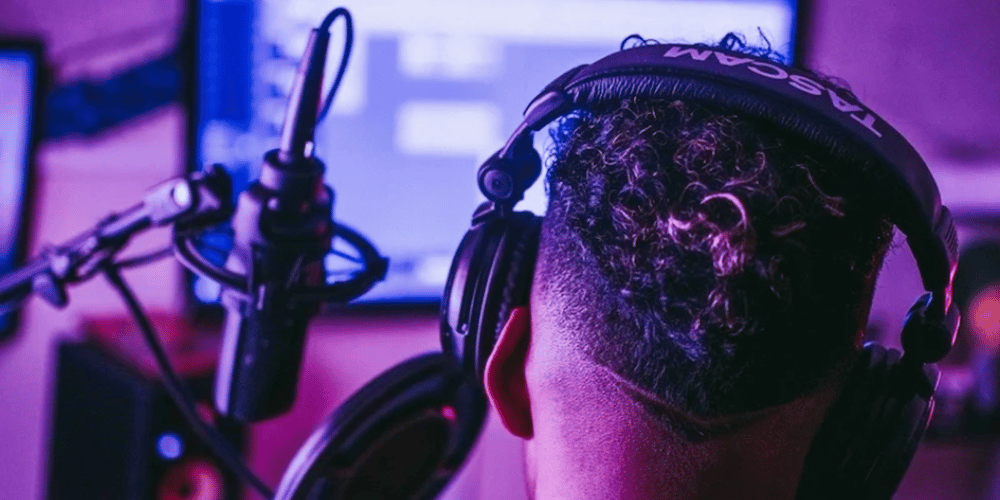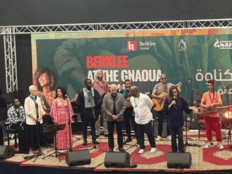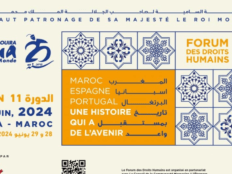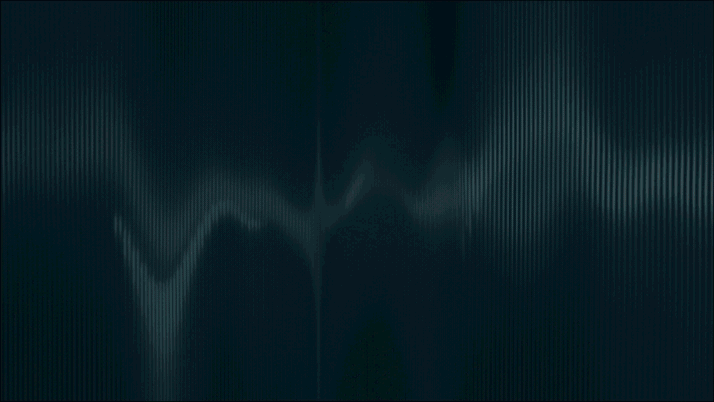The Criminal Chamber of the Court of First Instance in Fes recently sentenced a rapper known as Zoma Max to two years in prison and a fine of MAD 10,000 for his song “Amo Rak Wldti Zin.”
This follows previous court rulings that imposed the same sentence on the creators of the songs “Charr Kebi Atay” and “Charr Kebi Hawai.”
This verdict sparked significant controversy and debate in the public sphere, especially regarding the fact that this is a matter of deprivation of liberty against young individuals for songs that fall within an art form that has its followers.
Human rights activists argue that these sentences are “disproportionate and fail to achieve their intended purpose.”
Adil Tchikitou, President of the Moroccan League for the Defense of Human Rights, said, “The singer must ensure that their creative material respects the particularities of society and does not contain obscene material, especially as the artistic material they produce can be accessible to children and minors.”
He further noted that on the other hand, the Moroccan constitution guarantees their right to creativity.
Tchikitou indicated that “these sentences contain personal judgments by the judges, but the request is that punitive sentences be issued in the form of fines or reprimands instead of addressing these individuals through a security and legal approach, but rather an educational one.”
The human rights activist believed that “the intervention of the artists’ union, the Ministry of Culture, political parties, and other institutions responsible for guiding these youth was necessary,” adding, “The question that embarrasses us all is why have we reached this point?”
The speaker also felt that “the artistic field is open without control and guidance, leading to the production of art that contains obscene words,” speaking of what he called a “collective resignation, whether from the judiciary, the educational institution, political parties, and various institutions, to fulfill their role, especially in guiding and elevating the artistic development of the youth, which confronts us today with artistic content that contains vulgar language.”
Driss Sedraoui, President of the Moroccan Association for Citizenship and Human Rights, said, “We followed the trial of a group of rap artists, and we notice that the rulings against them were characterized by inequality before the law.”
Sedraoui added in a statement to Hespress, “Many rap artists have the same content, but such sentences have not been issued against them,” referring to an example of sentences against singers in Italy, “but these were only punishments for the rappers and did not lead to imprisonment.”
The human rights activist criticized “the absence of legal texts for various practices we see today on social media, which do not respect the values of society, women, and children and contain content of insults and slander and the like.”
He also spoke about “flaws in legal texts,” not to mention what he called “the absence of plans and strategies from the government for this type of art that attracts a number of youth, which should be cared for and embrace singers with good content.”
Hespress English






Add comment